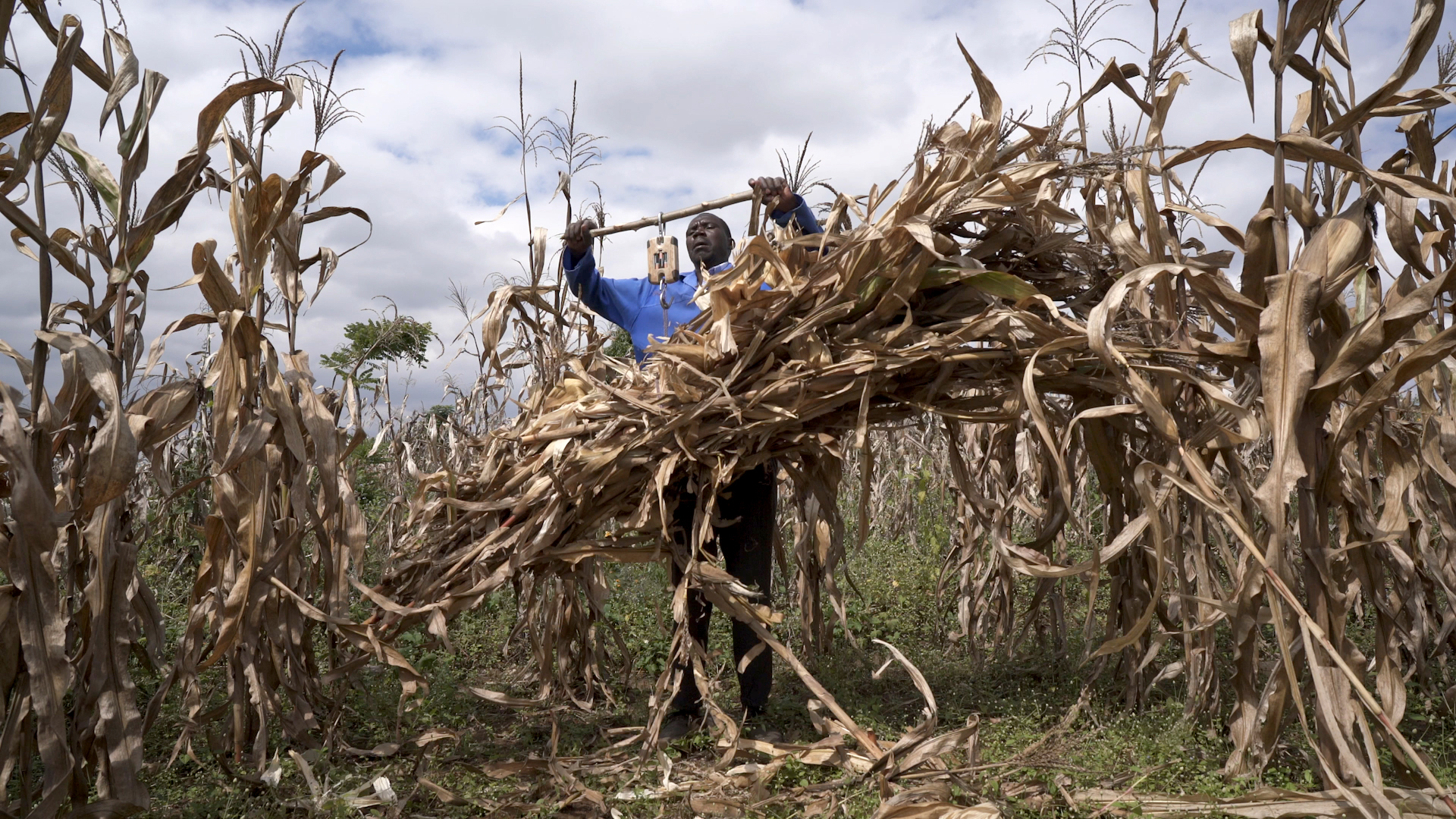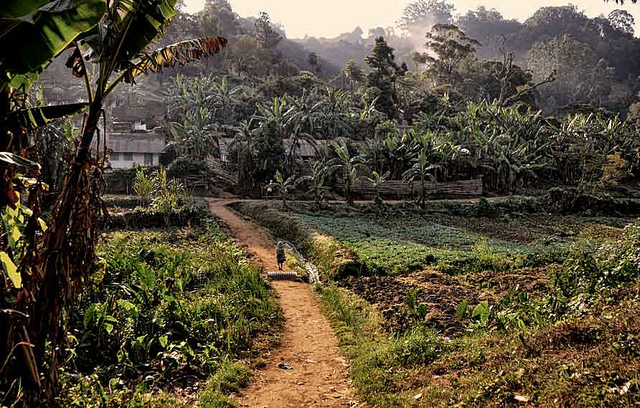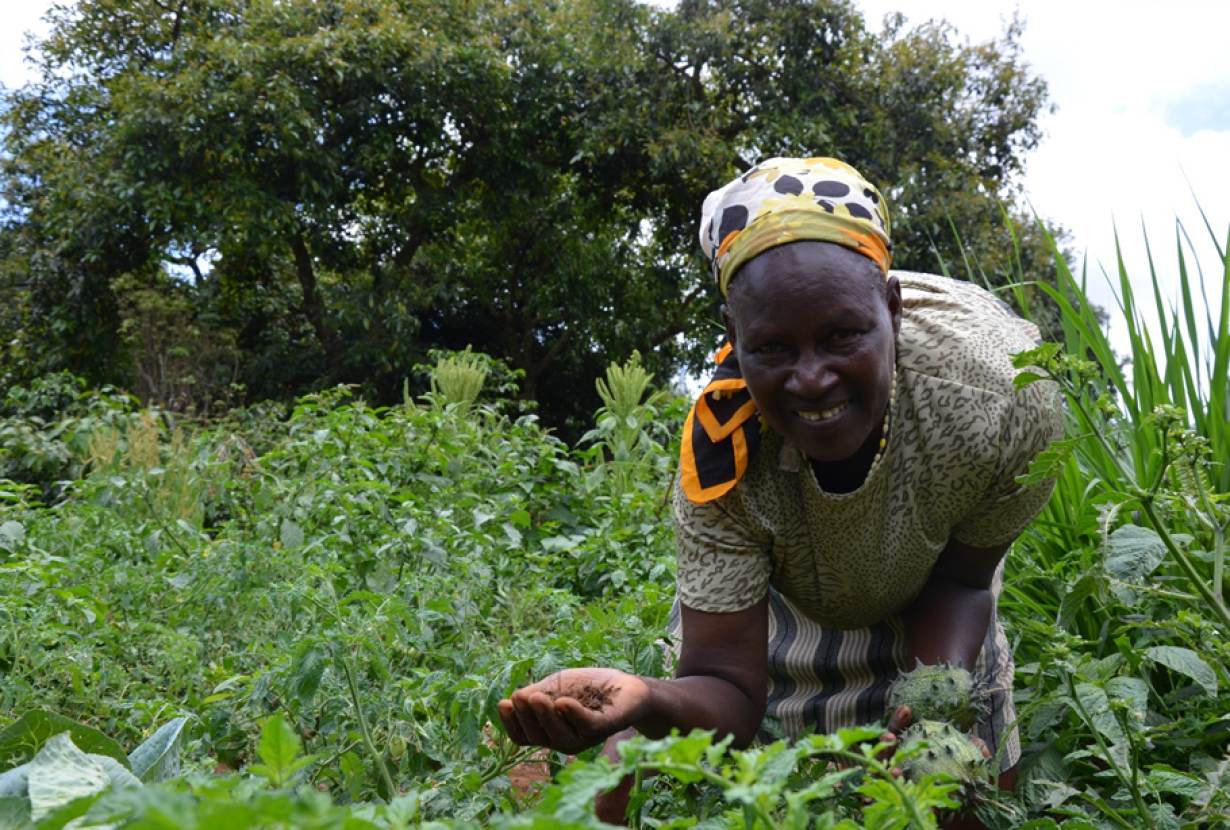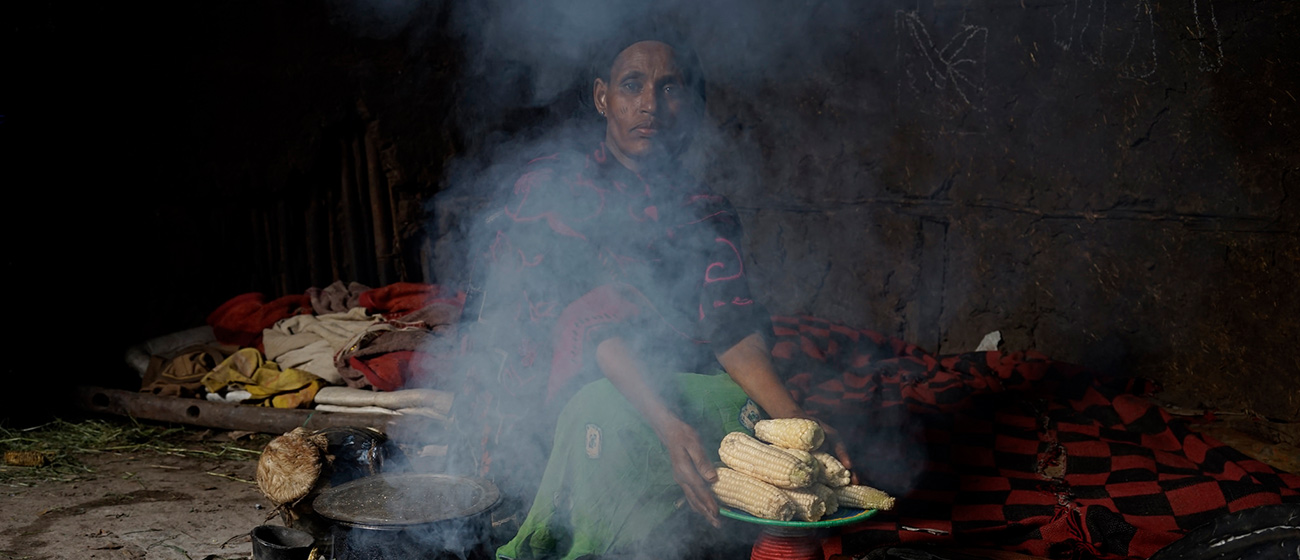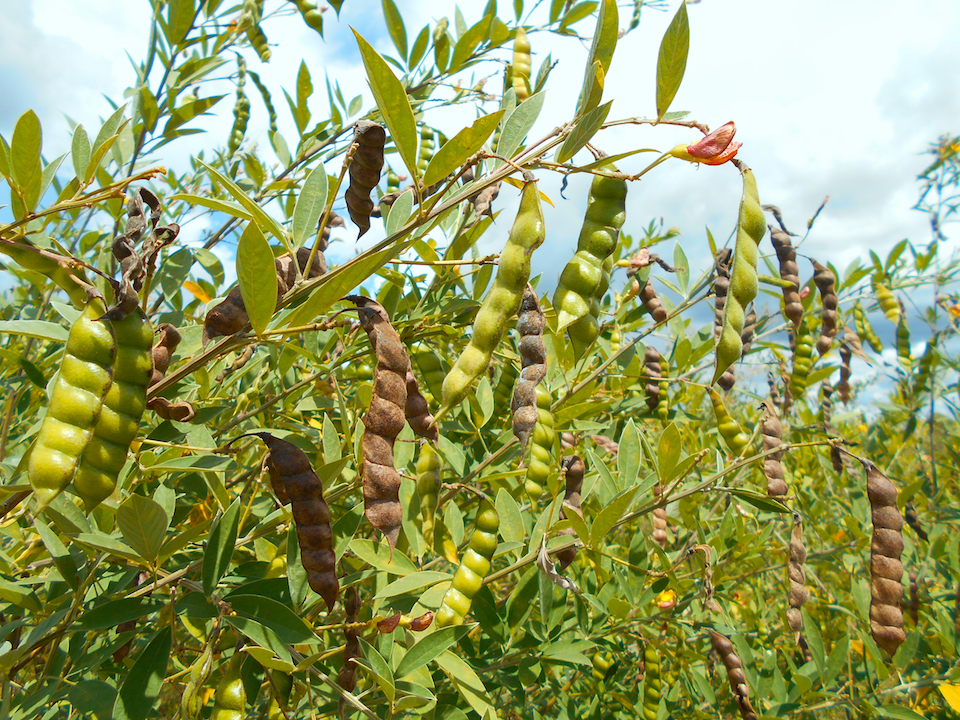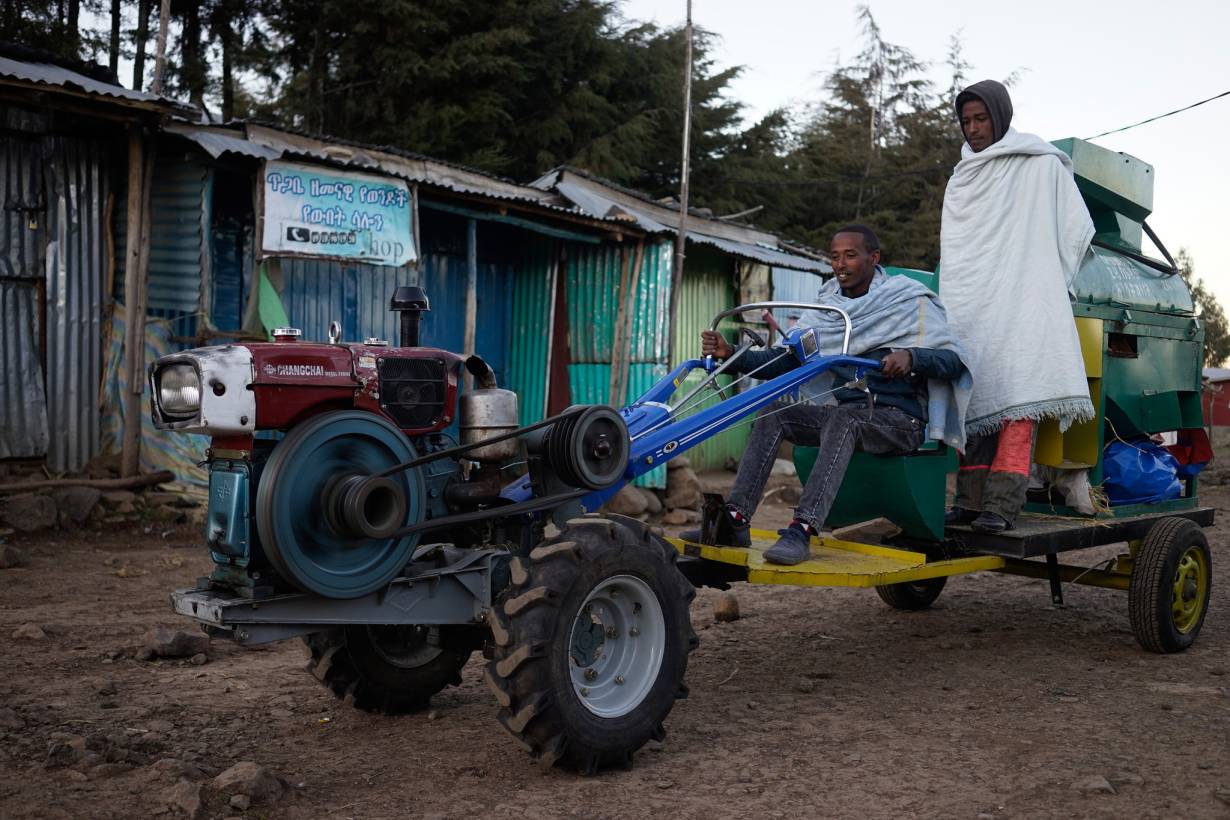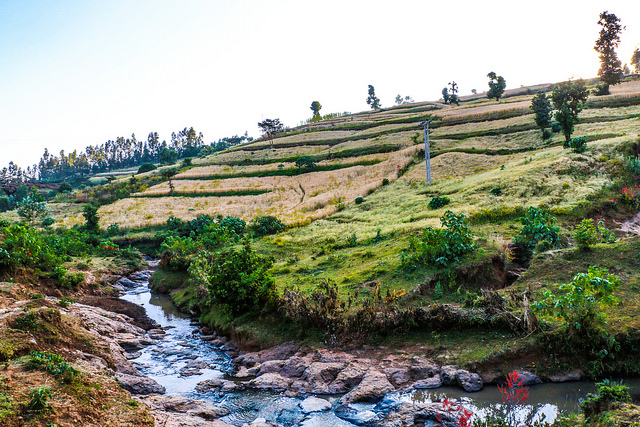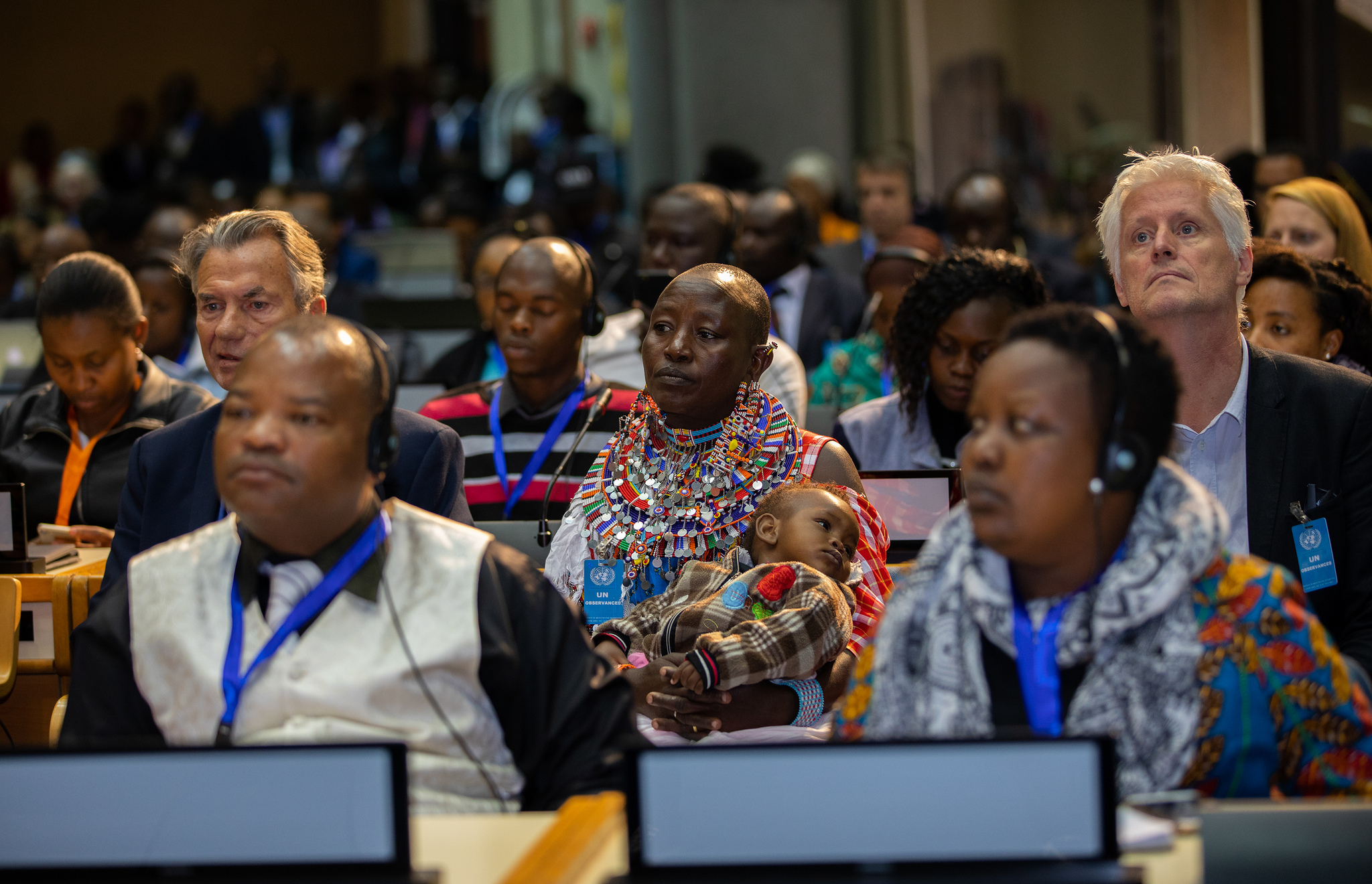Africa
CIMMYT’s work in Africa helps farmers access new maize and wheat systems-based technologies, information and markets, raising incomes and enhancing crop resilience to drought and climate change. CIMMYT sets priorities in consultation with ministries of agriculture, seed companies, farming communities and other stakeholders in the maize and wheat value chains. Our activities in Africa are wide ranging and include: breeding maize for drought tolerance and low-fertility soils, and for resistance to insect pests, foliar diseases and parasitic weeds; sustainably intensifying production in maize- and wheat-based systems; and investigating opportunities to reduce micronutrient and protein malnutrition among women and young children.
Webinar: Do medium and large-scale farms generate income spillovers for rural households?
 Nutrition, health and food security
Nutrition, health and food security
Farmers and scientists celebrate SIMLESA achievements
Over 230,000 farmers have adopted sustainable intensification technologies and the project has helped nurture future scientists.
‘Merry-go-round’ groups spin Kenyan women farmers to success
 Gender equality, youth and social inclusion
Gender equality, youth and social inclusion
Cobs & Spikes podcast: Matthew Rouse discusses research on wheat diseases
 Nutrition, health and food security
Nutrition, health and food security
We talk to the recipient of the World Food Prize 2018 Norman Borlaug Award for Field Research and Application. Rouse is being recognized for his work on Ug99.
Are advisory apps a solution for collecting Big Data?
 Innovations
Innovations
CIMMYT has been researching the use of mobile apps to provide site-specific agronomic advice to farmers.
What is green manure? And how is it helping maize farmers?
 Climate adaptation and mitigation
Climate adaptation and mitigation
Ten farmers in a hot and dry area of Zimbabwe trial intercropping legumes and green manure cover crops alongside their maize, to assess their impact on soil fertility.
Planting the seed of agricultural innovation in Africa
 Innovations
Innovations
We have seen an increased use of improved seed, appropriate technologies and agricultural machinery, all adapted to the specific needs of African farmers. It’s time to take this progress even further.
Forecast drought: ED engages experts
 Nutrition, health and food security
Nutrition, health and food security
CIMMYT’s director general Martin Kropff met with the president of Zimbabwe, Emmerson Mnangagwa.
Suitcase-sized lab speeds up wheat rust diagnosis
 Innovations
Innovations
MARPLE (Mobile And Real-time PLant disEase) is a portable testing lab which could help speed-up the identification of devastating wheat rust diseases in Africa.
Towards more sustainable food systems through a landscape lens
 Climate adaptation and mitigation
Climate adaptation and mitigation
Participants in GLF Nairobi 2018 called for concrete collective action to restore degraded landscapes.
